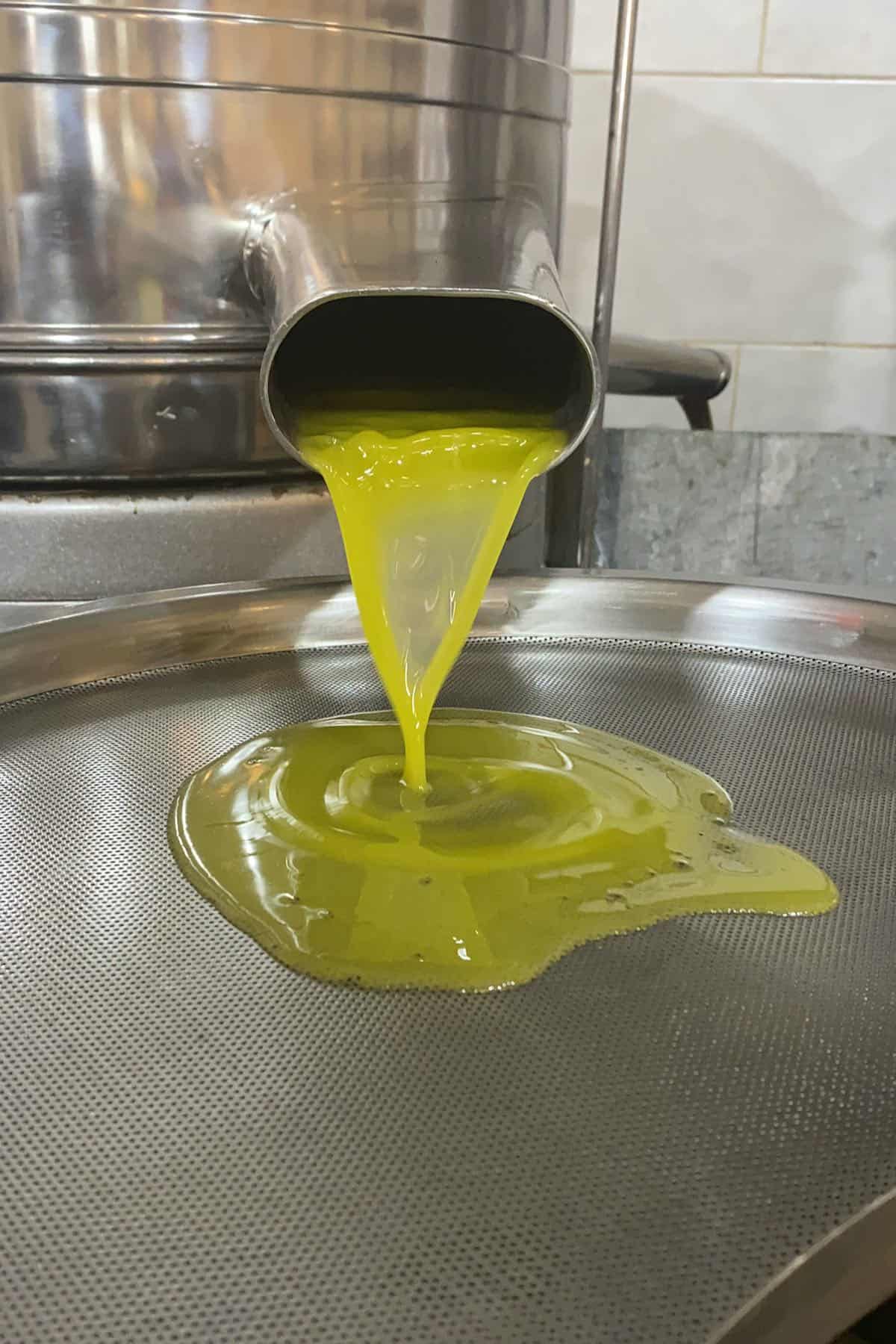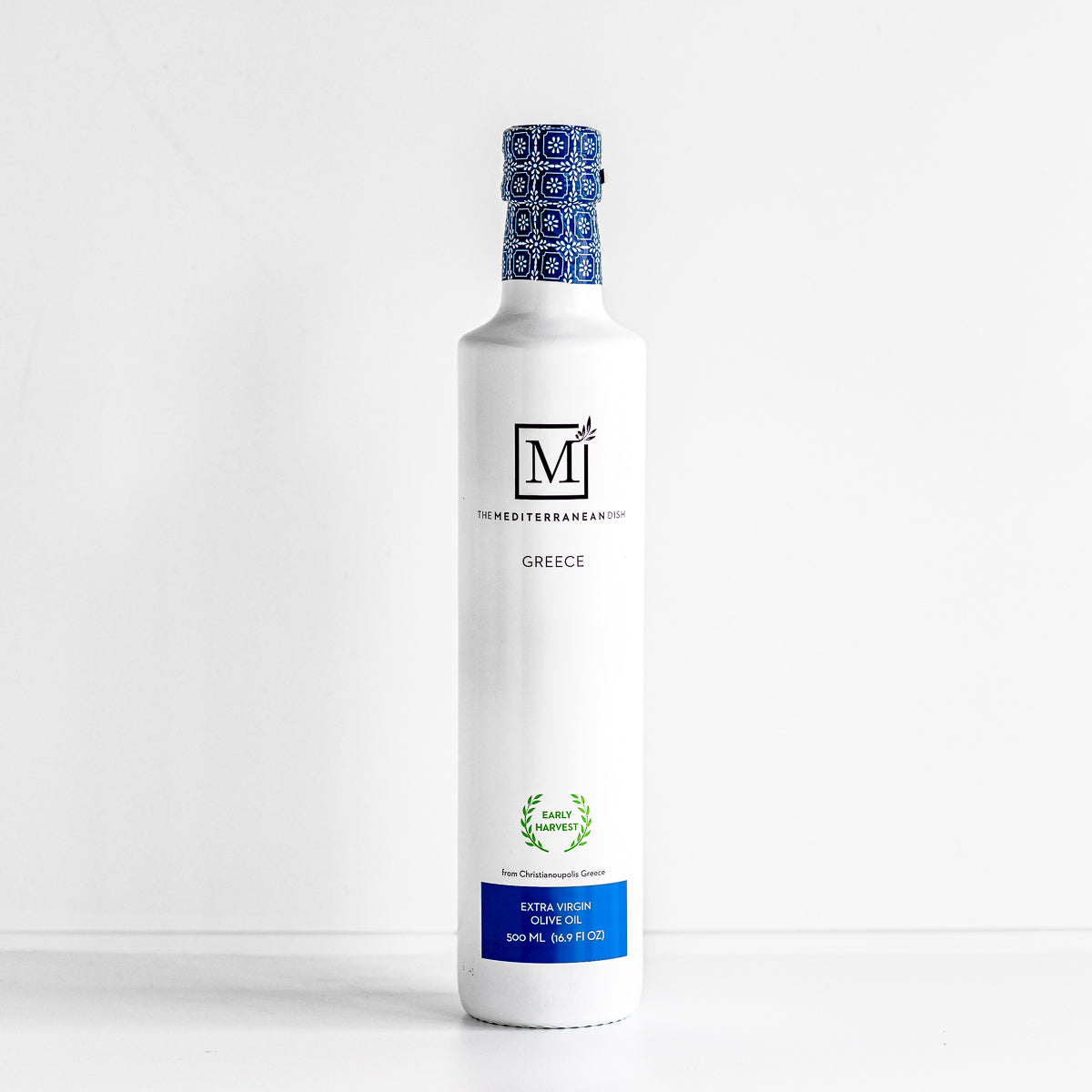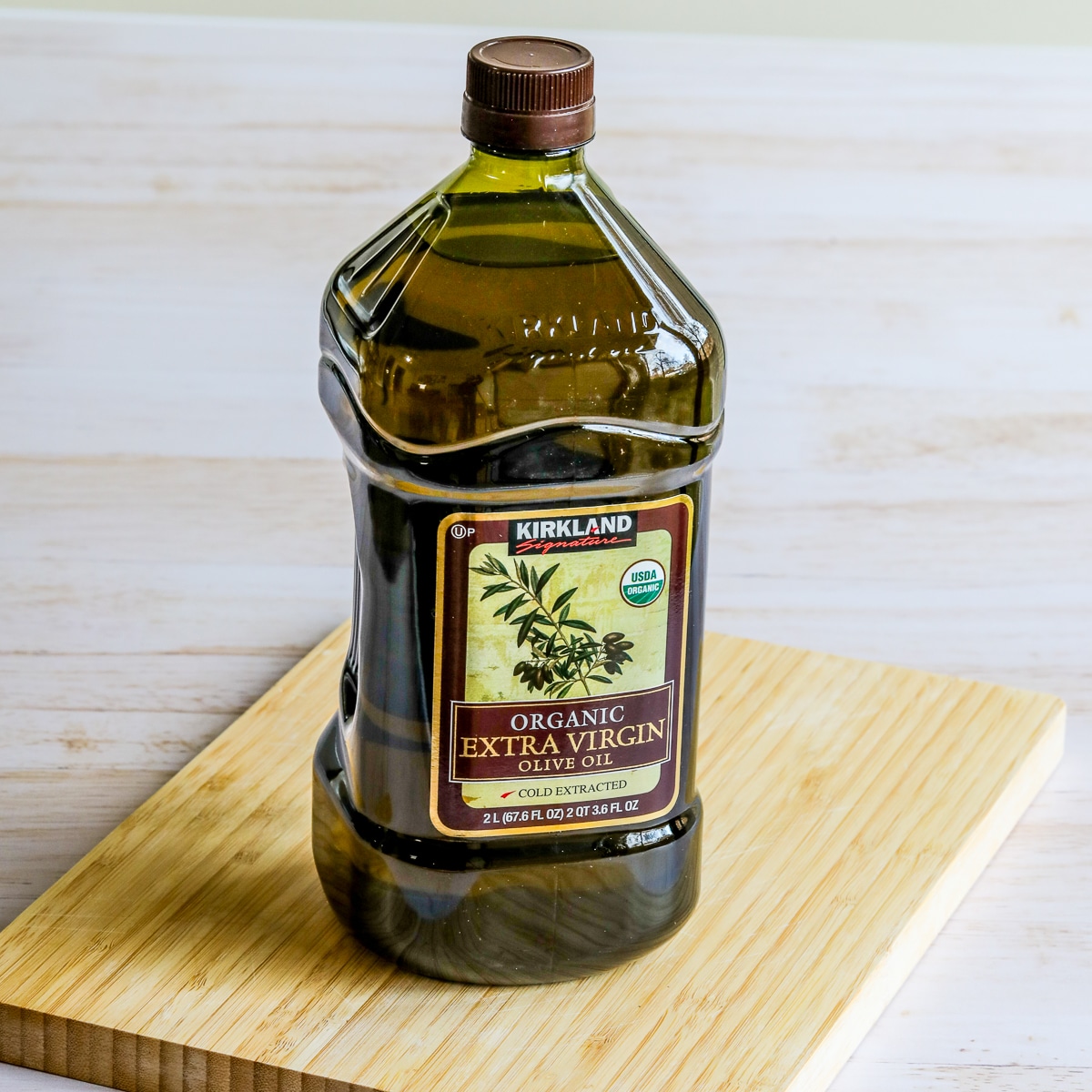Extra Virgin Olive Oil Benefits: The Natural Anti-aging Solution You've Been Searching For
Extra Virgin Olive Oil Benefits: The Natural Anti-aging Solution You've Been Searching For
Blog Article
Checking Out the Different Kinds Of Olive Oil and Their Usages, Including Bonus Virgin Olive Oil
The expedition of olive oil encompasses a varied variety of kinds, each offering distinct flavors and cooking applications. Extra virgin olive oil, renowned for its remarkable quality and health and wellness advantages, serves as a staple in lots of kitchens, yet it is just one facet of this diverse active ingredient.
What Is Olive Oil?
Stemmed from the fruit of the olive tree, olive oil is a staple in Mediterranean food and a vital ingredient in different cooking applications. This versatile oil is created by pushing entire olives, resulting in a liquid that varies in flavor, scent, and shade depending on the sort of olives utilized, the area of farming, and the removal procedure. Olive oil is primarily composed of monounsaturated fats, especially oleic acid, which is understood for its prospective wellness advantages, including anti-inflammatory homes and cardiovascular assistance.
In addition to its culinary usages, olive oil has a lengthy background of application in traditional medicine and skincare, owing to its abundant antioxidant web content (extra virgin olive oil benefits). The oil is frequently used in dressings, marinades, and for cooking approaches such as sautéing and roasting. Its distinct taste account can boost the preference of different meals, making it a necessary active ingredient for both home chefs and expert chefs
Additionally, olive oil is celebrated for its role in the Mediterranean diet plan, which is linked with many health benefits. As awareness of these benefits grows, olive oil remains to get popularity worldwide as an essential component of a healthy and balanced lifestyle.
Kinds of Olive Oil
Recognizing the different kinds of olive oil is essential for both cooking lovers and health-conscious consumers. Olive oil is classified mainly based upon its extraction approach and quality, which significantly impacts its flavor, scent, and health benefits.

Light olive oil, in spite of its name, refers to a lighter taste and not lower calories. It is perfect for those seeking an extra refined taste in dressings and marinates. Additionally, there are flavored olive oils instilled with herbs, spices, or citrus, which can enhance meals without the requirement for extra seasoning.
Each sort of olive oil serves specific cooking functions, and recognizing these distinctions allows customers to make educated choices that straighten with their cooking designs and health and wellness goals.
Bonus Virgin Olive Oil
Additional virgin olive oil (EVOO) is widely pertained to as the best olive oil readily available, celebrated for its abundant flavor and countless health and wellness advantages. To be categorized as added virgin, the oil should be created from fresh olives utilizing mechanical procedures, without the use of solvents or too much warm. This thorough technique maintains the oil's all-natural flavors, antioxidants, and healthy and balanced fats, causing an item with a low acidity degree of much less than 0.8%.
EVOO is abundant in monounsaturated fats, specifically oleic acid, which is linked to decreased inflammation and enhanced heart health. It additionally consists of polyphenols, effective antioxidants that might offer protective impacts versus chronic illness. The taste profile of EVOO can vary discover here substantially depending on the olive range and area of production, ranging from fruity and verdant to robust and peppery.

Culinary Uses of Olive Oil

In cooking, olive oil can be used for sautéing, roasting, and cooking, providing a much healthier choice to butter or various other fats. Its high smoke factor makes it ideal for different cooking techniques, while its antioxidants add to a heart-healthy diet plan. Sprinkling olive oil over completed dishes, such as pasta, fish, or grilled vegetables, can boost tastes and include a touch of sophistication.
Additionally, olive oil plays a considerable function in baking, where it can change typical fats in dishes for bread and pastries, imparting dampness and a subtle taste. It also offers as a base for infused oils, allowing cooks to trying out flavors such as garlic, herbs, or chili, better broadening its culinary potential. On the whole, olive oil's adaptability makes it important in both home and professional cooking areas.
Deciding On Quality Olive Oil
When picking high quality olive oil, it's necessary to take into consideration numerous crucial variables that influence the product's wellness, scent, and taste benefits. First and leading, choose for added virgin olive oil (EVOO), which is obtained from the initial chilly pushing of olives and includes the highest possible levels of anti-oxidants and beneficial substances. Search for oils that are accredited by identified organizations, as this commonly makes certain adherence to strict high quality criteria.
The packaging likewise plays a considerable duty in preserving the oil's stability. Select oils saved in dark glass containers or tins to protect against light deterioration. Pay focus to the harvest day; fresher oils offer exceptional taste and dietary worth, so pick items that are within 18 months of their harvest.
In addition, consider the origin of the oil. Top notch olive oils usually originate from specific regions known for their distinct flavor profiles, such as Italian, Spanish, or Greek oils. Be aware of the taste; a good quality olive oil should have a balance of fruity, bitter, and sharp notes, showing its splendor and intricacy. By examining these aspects, you can guarantee you are selecting the finest olive oil for your culinary needs.
Conclusion
In recap, the exploration of numerous types of olive oil discloses distinct features and applications, with additional virgin olive oil standing for the pinnacle of top quality due to its low level of acidity and high antioxidant content. Comprehending the different varieties of olive oil allows for notified choices in cooking approaches, promoting healthier practices while improving the total gastronomic experience.
Derived from the fruit of the olive tree, olive oil is a staple in Mediterranean food and a key component in numerous culinary applications.The most usual types of olive oil include refined olive oil, pure olive oil, and light olive oil.Additional virgin olive their explanation oil (EVOO) is widely concerned as the highest top quality olive oil offered, well known for its rich flavor and countless health and wellness advantages. Decide for extra virgin olive oil (EVOO), which is obtained from the very first cool pressing of olives and includes the greatest degrees of anti-oxidants and advantageous compounds.In recap, the expedition of numerous kinds of olive oil reveals distinct attributes and applications, with added virgin olive oil standing for the peak of quality due to its low acidity and high antioxidant content.
Report this page